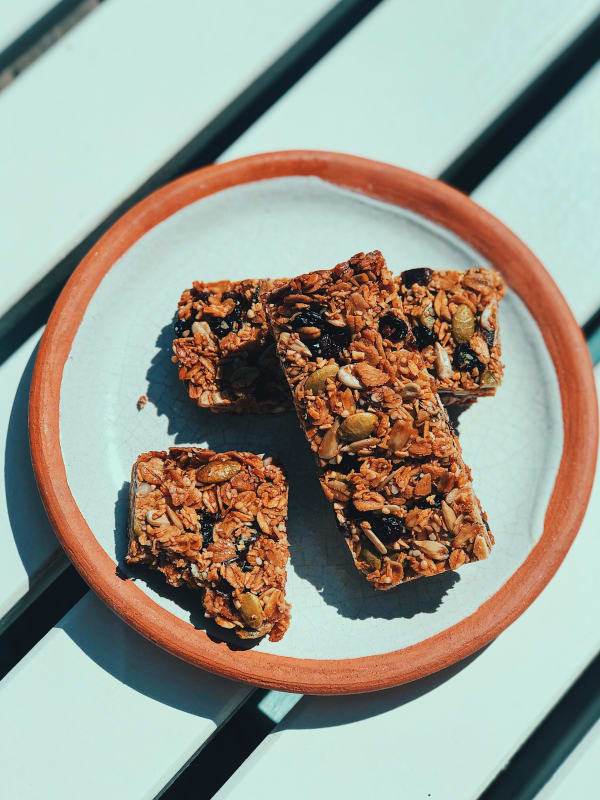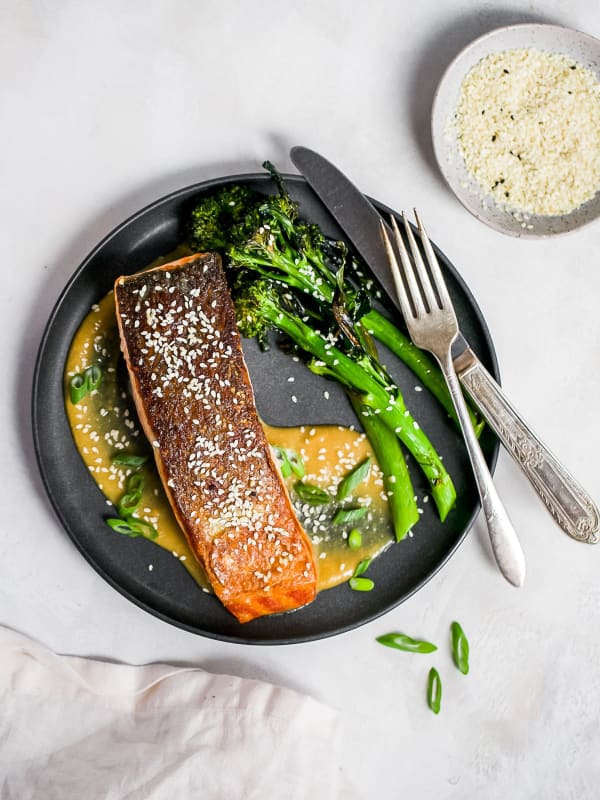Popular Conditions & Diets
12 practical tips for combating pregnancy nausea

12 practical tips for combating pregnancy nausea
Pregnancy nausea, is there anything worse?
Quick list
With my first pregnancy, I was nauseous all day, every day, for the first 24 weeks. The first 16 weeks were the worst because I dealt with severe food aversions on top of nausea. I have been nauseous 24/7 with my second pregnancy, and I am currently 34 weeks. The mental and physical toll of pregnancy nausea is massive and debilitating. Adding to the challenge is that most women experience the worst symptoms in the first trimester, at a time when most people don’t know you are pregnant. This adds extra stress to appear ‘normal’ and keep up with your daily work, responsibilities etc even when you feel like you have the never-ending flu!
Tags:
Breast Cancer
,Celiac






